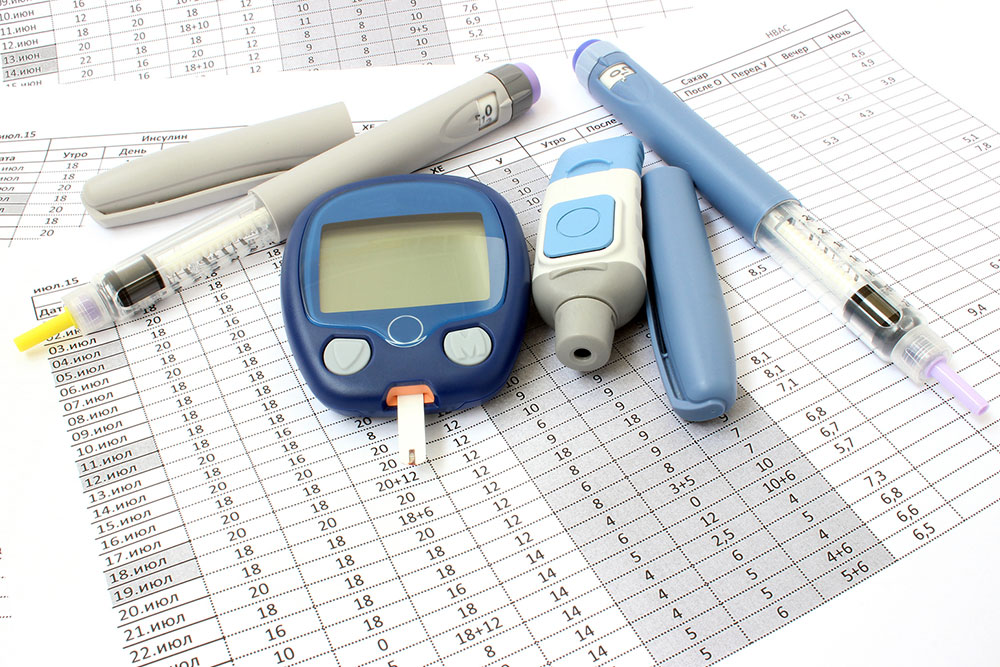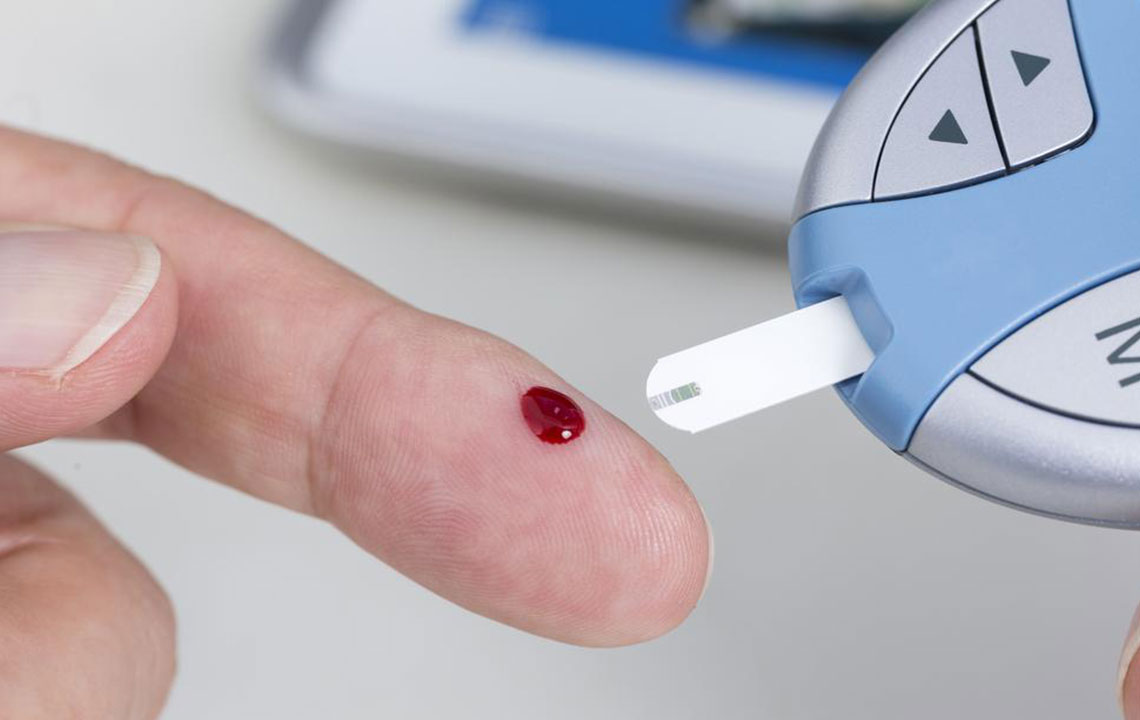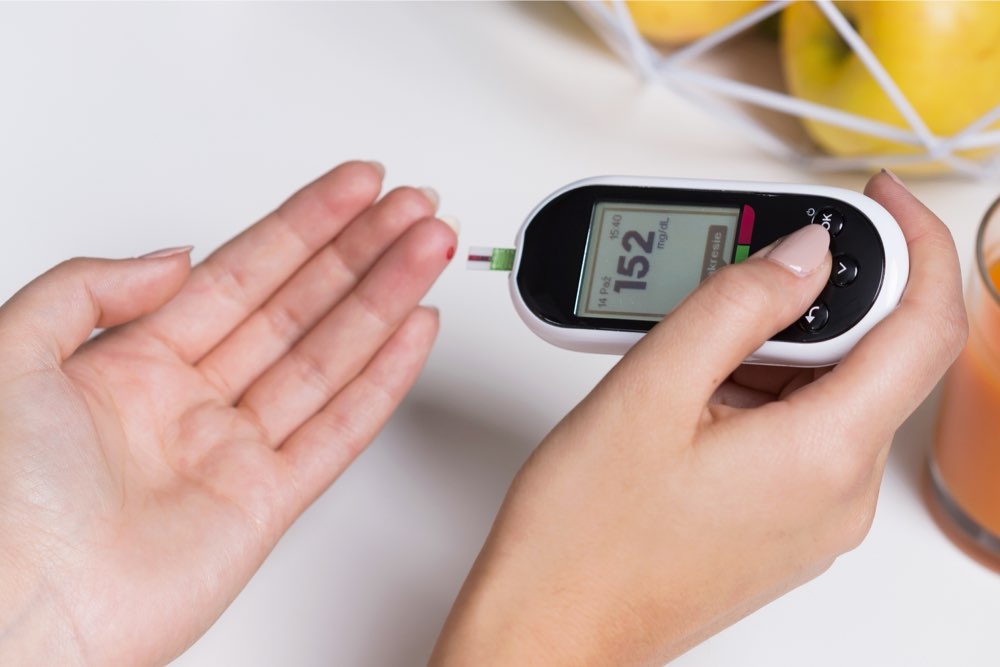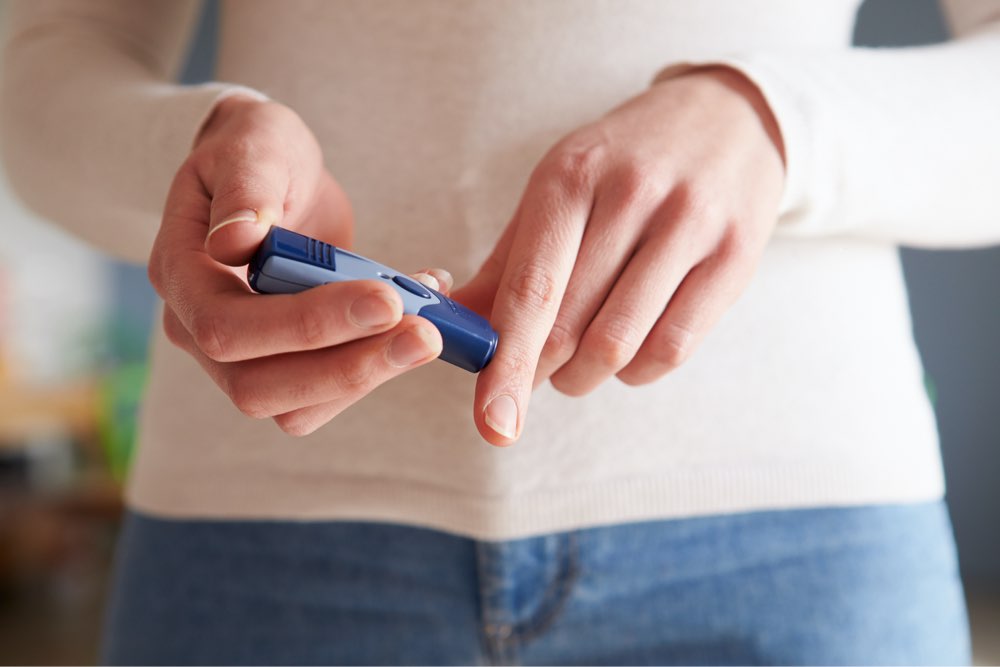Effective Natural Methods for Controlling Blood Sugar Levels
Discover comprehensive natural strategies to effectively manage blood sugar levels. From regular exercise and mindful eating to stress management and micronutrients, this guide provides detailed insights into maintaining healthy blood glucose naturally. Perfect for individuals with diabetes or prediabetes, these methods support long-term health, weight management, and overall well-being through lifestyle modifications and dietary choices.

Effective Natural Methods for Controlling Blood Sugar Levels
Maintaining stable and healthy blood sugar levels is an essential component of overall health and well-being, especially for individuals living with diabetes or those who are at high risk of developing it. Imbalanced blood glucose levels can lead to a multitude of health complications, including cardiovascular disease, nerve damage, kidney issues, and vision problems. Therefore, adopting natural strategies and lifestyle modifications can be a powerful way to regulate blood sugar without relying solely on medication. This comprehensive guide explores proven natural approaches to managing blood glucose effectively, enabling better health outcomes and improved quality of life.
Regular Physical Activity and Exercise
Engaging in consistent physical activity is one of the most effective natural ways to improve insulin sensitivity and facilitate better glucose utilization by the body. Exercise stimulates muscle contractions that help absorb blood glucose for energy, thus reducing circulating blood sugar levels. Aerobic activities such as brisk walking, cycling, swimming, and running are highly beneficial, as they increase heart rate and promote cardiovascular health while aiding glucose regulation. Resistance training and weightlifting not only build muscle mass but also improve the body’s ability to process sugar efficiently. Incorporating daily exercise routines, even for shorter durations, can significantly impact blood glucose control. It’s important to monitor blood sugar levels regularly to identify which types and intensities of exercise bring about optimal benefits for your individual health status.
Mindful Carbohydrate Management
One of the key factors influencing blood sugar levels is carbohydrate intake. Carbohydrates are quickly broken down into glucose, leading to spikes in blood sugar when consumed in excess. To prevent sudden rises, it’s essential to plan meals carefully and control portion sizes of carbohydrate-rich foods. Focus on complex carbohydrates like whole grains, legumes, and vegetables that digest more slowly, resulting in steadier blood sugar levels throughout the day. Using carbohydrate counting techniques and reading food labels can help you make informed choices and avoid over-consuming high-glycemic foods that cause quick sugar surges.
Increased Dietary Fiber Intake
Dietary fiber plays a crucial role in blood sugar regulation. Soluble fiber, found abundantly in oats, beans, lentils, fruits, and vegetables, forms a gel-like substance in the digestive system, slowing down digestion and the absorption of sugars. A high-fiber diet contributes to reducing post-meal blood sugar spikes and enhances overall glycemic control. For individuals with type 1 diabetes, increasing fiber intake has shown to help lower blood sugar levels effectively. Moreover, a high-fiber diet supports weight management, improves gut health, and reduces the risk of cardiovascular diseases—factors intrinsically linked to blood sugar regulation.
Hydration and Its Impact on Blood Sugar
Proper hydration is often overlooked but is vital for blood sugar management. Drinking sufficient water helps kidneys flush out excess glucose through urine, thereby lowering blood sugar levels. Dehydration can cause the blood to become more concentrated, making glucose management more challenging. It’s advisable to avoid sugary drinks like sodas and fruit juices, which can cause rapid blood sugar spikes. Instead, opt for calorie-free beverages such as water, herbal teas, and flavored water with natural ingredients to stay well-hydrated without increasing sugar intake.
Portion Control and Calorie Management
Controlling portion sizes is a simple yet effective strategy to regulate calorie and carbohydrate intake, aiding in weight loss and blood sugar stabilization. Smaller plates, mindful eating, and avoiding processed foods and fast food help prevent overeating. Reading food labels carefully provides information on serving sizes and nutrient content, enabling healthier choices. Managing portions also reduces the burden on insulin production and improves the body's ability to maintain stable blood glucose levels.
Prioritizing Low-Glycemic Index Foods
Foods with a low glycemic index (GI) are absorbed more slowly into the bloodstream, causing smaller fluctuations in blood sugar levels. Incorporate lean proteins like eggs, fish, and poultry, as well as non-starchy vegetables, nuts, seeds, and most fruits. Whole grains such as oats, barley, and quinoa are excellent options that help sustain energy levels without causing rapid blood sugar spikes. Consistently choosing low-GI foods supports long-term blood glucose management and reduces the risk of developing insulin resistance.
Stress Management for Blood Sugar Stability
Chronic stress triggers the release of stress hormones like cortisol and glucagon, which can increase blood sugar levels. Therefore, managing stress effectively is integral to maintaining healthy blood glucose levels. Techniques such as mindfulness meditation, deep breathing exercises, yoga, and regular physical activity help lower stress hormones and promote relaxation. Adequate rest and sleep are equally important, as poor sleep can elevate stress levels, increase appetite, and impair insulin sensitivity. Implementing a stress management routine can lead to significant improvements in blood sugar control and overall health.
Monitor Blood Glucose Regularly
Keeping track of your blood sugar levels through daily monitoring provides valuable insights into how your body responds to different foods, physical activity, and daily routines. Using glucometers or continuous glucose monitoring devices, individuals can identify patterns and make timely adjustments to their diet or medication. Maintaining a detailed log of blood sugar levels, food intake, and activity helps healthcare providers recommend personalized treatment plans, improve metabolic control, and prevent complications associated with diabetes or prediabetes.
Importance of Quality Sleep in Blood Sugar Regulation
Quality sleep is fundamental for hormone regulation and the body's ability to respond to insulin. Poor sleep can cause increased appetite, weight gain, and elevated blood sugar levels, creating a vicious cycle. Establishing healthy sleep habits—such as maintaining a consistent sleep schedule, creating a relaxing bedtime routine, and avoiding screens before bed—can significantly enhance insulin sensitivity. Prioritizing restful sleep supports overall metabolic health, reduces stress levels, and aids natural blood sugar regulation.
Micronutrients: Crucial Elements in Blood Sugar Control
Vitamins and minerals like chromium and magnesium are essential micronutrients that influence blood glucose levels. Chromium enhances the action of insulin and helps in glucose metabolism. Foods rich in chromium include eggs, whole grains, nuts, and green vegetables. Magnesium plays a role in insulin signaling pathways; deficiency in magnesium has been linked to insulin resistance. Dark leafy greens, nuts, fish, bananas, and whole grains are excellent sources of magnesium. Ensuring adequate intake of these micronutrients can support better glycemic control and reduce the risk of developing diabetes-related complications.
Cinnamon as a Natural Insulin Sensitizer
Cinnamon has been widely studied for its potential to improve insulin sensitivity and lower blood sugar levels. It works by slowing carbohydrate breakdown in the digestive system, leading to a more gradual rise in blood glucose post-meal. Incorporating cinnamon into your diet—such as sprinkling it on oatmeal, smoothies, or teas—can be a natural and flavorful way to enhance blood sugar control. Several studies suggest that cinnamon supplementation may reduce fasting blood glucose levels and improve overall glycemic indices, making it a popular choice for natural blood sugar management.





